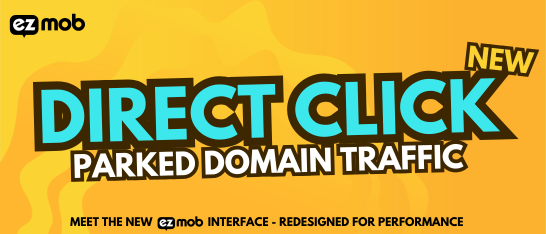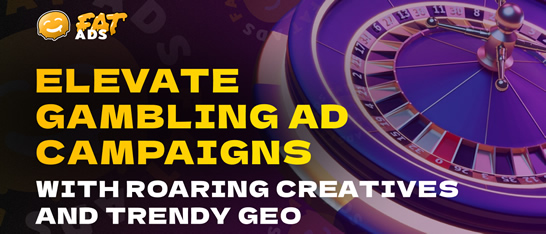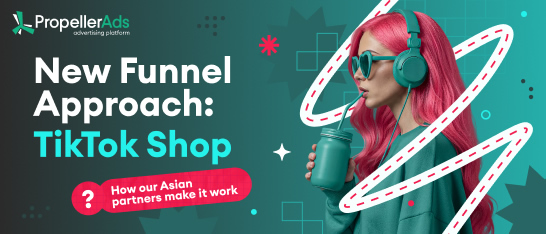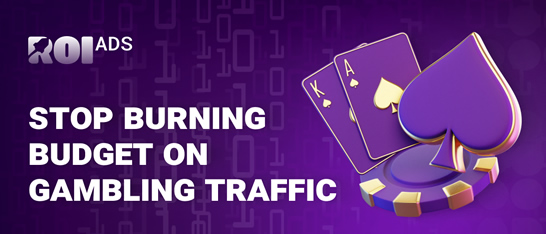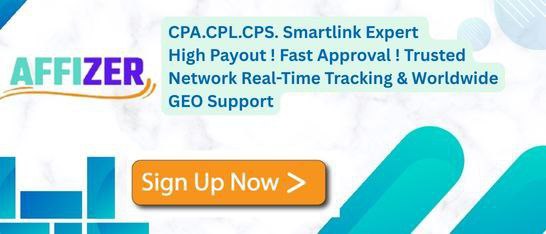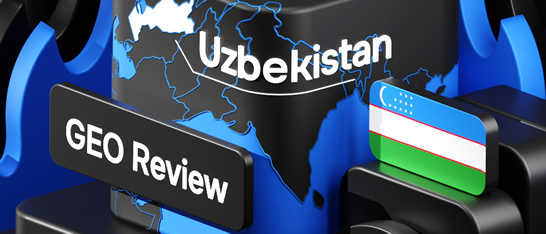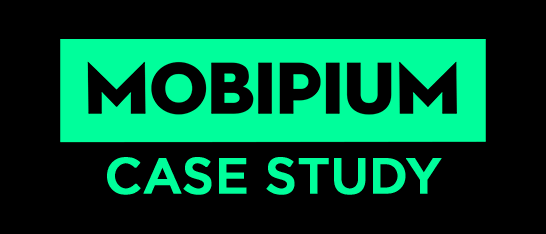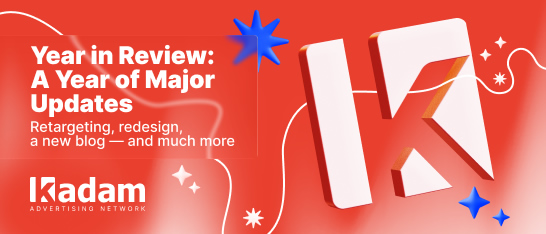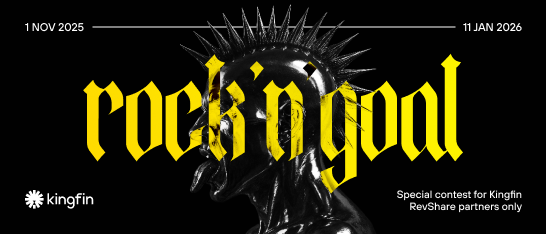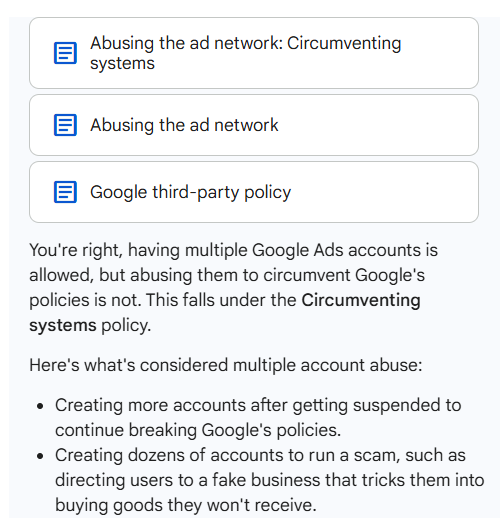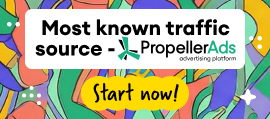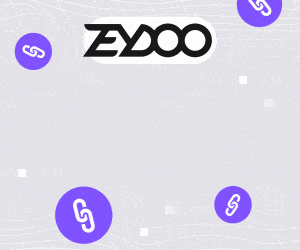In Google Ads, owning and maintaining multiple ad accounts is not against the rules. Even legitimate advertisers can use several accounts to manage different campaigns. However, problems arise when affiliates create a new account after an existing one has been banned. This practice triggers a violation known as “Multiple Account Abuse.”
As you can see in the screenshot above, this is a problem for affiliate marketers working with Google Ads. And it often catches them off guard.
So in today's article, we’ll explain in clear, detailed terms what causes bans for multiple account abuse, how Google detects them, and how affiliates can protect themselves from these bans. We’ll also explore why trusted Google Ads agency accounts offer the easiest solution to this problem, drawing on insights from Google’s policies and experienced affiliates on affiliate forums.
What is the Multiple Account Abuse Policy, and Why Does It Cause Unexpected Bans?
Google’s policies permit advertisers to create multiple accounts, particularly for businesses managing different stores or affiliates promoting multiple whitehat offers. The problems start when the system considers that an advertiser is using the multi-account feature to circumvent the platform's advertising policy.
This is also confirmed by support, referring to internal regulations and documentation of Google Ads.
According to Google’s Advertising Policies, “Multiple Account Abuse” includes actions such as:
Creating a new account after the previous one has been banned, as an attempt to continue running the same campaign that led to the ban.
Creating multiple accounts in a short period of time. Google’s algorithm may interpret it as suspicious activity, similar to a DDoS attack, and for this reason, the algorithm bans such accounts.
Creating different accounts to promote the same offer at the same time.
It’s also important to note that Google has a complex algorithm that allows it to link different accounts to the same person. It checks everything from hardware and operating system to the version of browser plugins.
Affiliates on forums point out that even behavioral patterns can flag a user
Specifically, Google finds out the owner of banned accounts through:
Identical payment cards (this could even be if the cards are issued by the same bank, or there is a pattern in the time of account replenishment)
IP address
Operating system
Device name
Browser version
Processor and video card
Version of browser extensions
Time zone
Internet connection protocols and DNS
Cookies you allow in your browser
These parameters collectively form a “digital fingerprint” — a unique identifier for each user’s device and behavior. Without special software, it is practically impossible to protect yourself from the "Multiple Account Abuse”. But there are still ways to avoid it: we will tell you more about them in the following section.
How to Protect Yourself from Being Banned for Multiple Account Abuse, and Is It Worth It?
First of all, it is important to remember that attempts to restore an account through appeals will most likely lead to nothing. Bypassing the rules through multiple accounts is a very serious violation: moderators may only show mercy if the restriction was made by mistake, for example, if a user quickly registered multiple accounts but didn’t actively use them.
Therefore, the best approach is to protect your accounts from being flagged in the first place. This can be done in two ways: registering a new account with an anti-detect browser and using Google Ads trusted agency accounts.
Registering new accounts with anti-detect browsers: Is it worth it?
The main recommendation found on forums is to use a new account in such a way that it cannot be linked to the previous account.
An affiliate recommends using a new domain name, IP, email, and, of course, an anti-detect browser, so that it is impossible to track the violation of the rules.
This advice is common, but it has some drawbacks. First of all, you need to get a new account. If you register it yourself — which is not easy with Google's mechanisms for protecting against abuse — you will have to warm it up later. This can take from several days to a month, and during this time, the account will be unusable.
If you aim to buy an already warmed-up account, other problems arise: you still need to find a warmed-up account and a reliable seller. You will also need a separate payment system with a billing address that’s unrelated to you; you might also need to rent it, which often results in expenses of $40-50 per month. All this is equal to time and money that should be allocated to running advertising campaigns and generating profits.
An affiliate says that you will need more than just a new, unrelated ad account, and that's already hard to come by.
Don't forget that you will also need a separate Google account: a new email, a new domain, and a new IP address. The account must appear active and legitimate (e.g., with a filled-in profile and regular activity), or it risks being flagged, which could lead to the suspension of both the Google account and the associated ad account.
To quickly change your digital fingerprint and emulate different devices or operating systems, an anti-detect browser is used. There are two main problems with it:
It's not free
It requires attention
So, even with this setup, you must update your digital fingerprint before each login, and proxies (which also require separate payment) must be refreshed for each browser session to maintain security. For maximum safety, the anti-detect browser should be run through virtualization software like VirtualBox to prevent Google from accessing deeper system details, such as BIOS information. This setup demands a lot of time, attention, and technical expertise, which can be overwhelming for affiliates.
In short, using new accounts with anti-detect browsers is risky, expensive, and time-consuming, resources that are critical for affiliates aiming for high return on investment (ROI).
Renting Google Ads trusted agency accounts
Agency accounts, also called MCC accounts, are created to manage several linked accounts. Basically, each agency account has several advantages:
No risk of bans due to having multiple accounts: Agency accounts are explicitly created to manage multiple sub-accounts, so Google does not flag them for multiple account abuse. This is their intended purpose, making them inherently safe from this type of ban.
High trust level: Agency accounts are well-warmed-up and have a high trust score with Google, significantly reducing the risk of bans, even when running campaigns in grayhat verticals like gambling or crypto.
Risk diversification: If one linked account is banned, the agency account itself remains unaffected, allowing other campaigns to continue running. This diversification minimizes disruptions to your operations. You can easily continue your campaigns in another account.
Priority support: Agency accounts receive priority treatment from Google’s support team, increasing the chances of resolving issues or successfully appealing bans, unlike individual accounts, which often face delays or rejections.
However, obtaining an agency account is challenging, as Google requires extensive documentation to verify that the user represents a legitimate agency.
Forum discussions note that Google prioritizes official, verified agencies, and unverified agency accounts can be banned at any moment.
It is much easier to rent an agent account from a trusted service like YeezyPay. Affiliates can simply contact the service to gain access to a warmed-up, verified agency account with benefits like priority support and unlimited daily ad spend. This altogether will help you bypass the risks of multiple account abuse bans entirely.
Conclusion
Bans for multiple account abuse typically result from either affiliates not being informed well enough, ignorance, or poor campaign management.
Relying on a single ad account and then scrambling to warm up a new one after a ban is inefficient. It consumes time and money, which are two critical resources for achieving high ROI.
Instead, it is better to immediately choose a Google Ads trusted agency account from YeezyPay. Using these accounts will allow you to avoid bans for multiple account abuse and, at the same time, prevent a range of problems that unverified accounts face.

